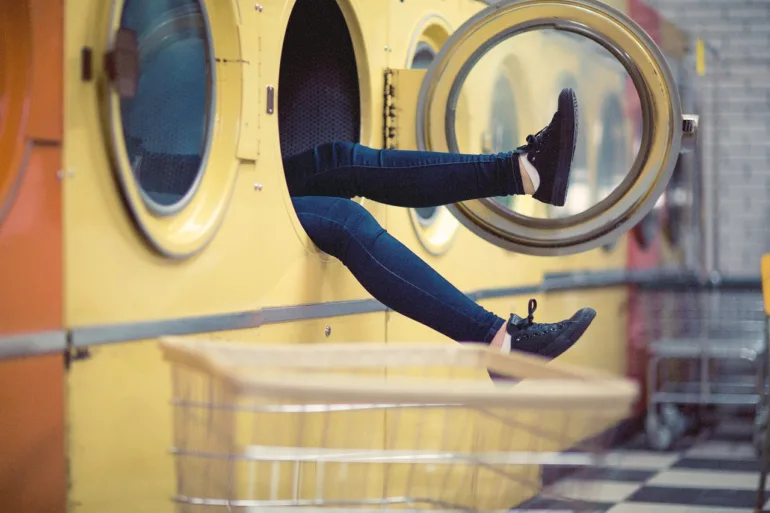Have you ever done laundry and found that your fabric softener didn't leave that nice, fresh smell or feel you were hoping for? Why aren't your clothes as soft as you'd like them to be after washing them? There are several factors that can affect the effectiveness of fabric softener, you may be making one of the common mistakes. Check.
Do you use fabric softener? Why your clothes after washing they are not so soft and fragrant, as you would like? Perhaps you have just finished washing and instead of the expected freshness and softness, you found clothes that hard and odorless? Have you given up on different brands of emollients because none of them are giving you the results you want?
While it may seem like the fabric softener just isn't working, it is the truth is often more complicated and includes many factors that can affect the final result.
Too much laundry in the machine
One of the most common mistakes is overloading the washing machine. When the drum is full, the fabric softener cannot be evenly distributed throughout the clothes. The washing machine needs space for the water and fabric softener to circulate between the clothes. If the machine is overcrowded, the fabric softener will remain in the drum chambers and will not reach all the clothes. Make sure you fill the drum to two-thirds of its capacity.

Improper use of fabric softener
Check that you are dosing the fabric softener correctly. Most washing machines have a special compartment for fabric softener. If you add fabric softener directly to the drum, it may not distribute evenly. Also, if you use laundry capsules, make sure they don't already contain fabric softener, as extra fabric softener can become redundant and ineffective.
Hard water
Water with a high mineral content, known as hard water, can reduce the effectiveness of the softener. Minerals in hard water can bind to the softener and prevent it from working effectively. If you live in an area with hard water, consider using water softening additives or installing a water softener. Additionally, you can try adding a few tablespoons of vinegar to your fabric softener drawer, as vinegar helps break down mineral deposits.
Low wash temperature
Low wash temperatures are better for preserving colors and fabrics, but can reduce the effectiveness of some fabric softeners. Make sure you use fabric softener that is suitable for washing at low temperatures. Some fabric softeners work better in warmer water, so it's important to read the directions on the packaging.

Excessive use of detergents
Too much detergent can cause residue to build up on clothes, reducing the effectiveness of the fabric softener. Detergent residues can prevent the fabric softener from being distributed evenly throughout the clothes. Use the recommended amount of detergent and avoid overuse.
Inadequate maintenance of the washing machine
Regular cleaning of the washing machine is crucial to maintain its efficiency. Residues of detergent, softener and dirt can accumulate in the washing machine, reducing its efficiency. Once a month, run an empty wash cycle with vinegar or special cleaning agents for washing machines to remove residues and keep the machine in good condition.
Use of low-quality plasticizers
The quality of the softener plays a big role in the final result. Cheap or low-quality emollients often do not contain enough effective ingredients to achieve the desired effect. Consider using a higher quality fabric softener that will give better results the results.






